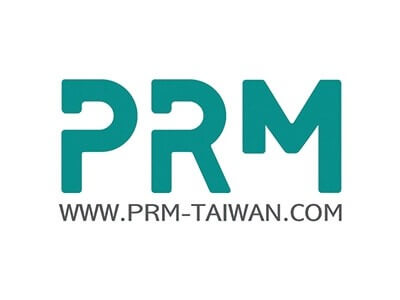A recent report underscores the potential for RNG to replace natural gas demand

A recent report by Deloitte, based in London, highlights the potential of renewable natural gas (RNG) derived from waste to significantly reduce U.S. reliance on fossil fuels. According to the report titled "A Ripe Time for Municipal Gas and Waste Renewable Natural Gas Partnerships," strategic collaborations between public gas utilities and waste management facilities could facilitate the widespread adoption of RNG, contributing to both decarbonization efforts and enhancing resilience.
Deloitte's findings reveal that RNG produced from sources such as landfills and wastewater treatment plants could substitute approximately 4.4 percent of the current total U.S. fossil fuel demand, as well as 16.5 percent of the demand from core gas customers, and over half of the demand in the chemical subsector.
Waste from landfills and wastewater treatment constitutes the third largest source of methane emissions in the United States, a significant portion of which remains untapped and unutilized. Presently, only a small fraction of municipal wastewater treatment plants capture biogas, and even fewer upgrade it to RNG. Similarly, while some landfills capture biogas through anaerobic digestion, only a minority convert it into RNG, primarily for electricity generation or natural gas vehicle fuel.
Deloitte emphasizes the potential for municipal waste facilities to produce RNG locally, highlighting opportunities for collaboration with public gas utilities. The Environmental Protection Agency (EPA) offers funding to incentivize the transition to cleaner energy sources, including RNG production.
The report underscores the urgency for public gas utilities and municipal waste facilities to explore RNG production, especially with federal tax credits set to expire at the end of 2024. Studies conducted in cities like New York and at the state level demonstrate the feasibility of replacing significant portions of fossil fuel consumption with RNG derived from waste.
Adopting new technologies can further expedite this transition, as demonstrated by initiatives such as New York City's co-digestion of wastewater with food waste, which enhances RNG production while aligning with climate objectives. Facilities like the Newtown Creek Wastewater Facility and the Victor Valley Water Reclamation Authority are leading examples of how co-digestion can help meet sustainability goals while diverting solid waste from landfills.


















